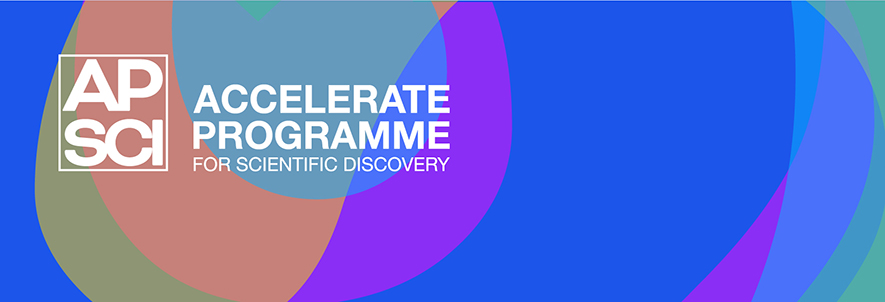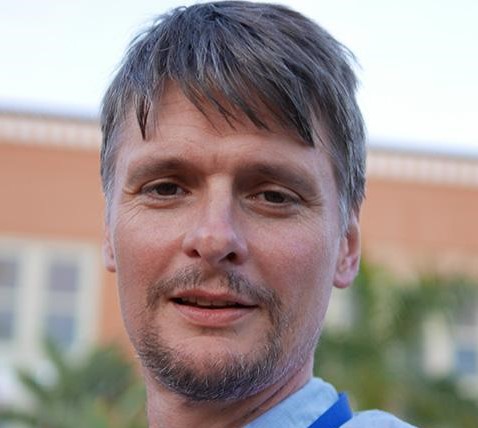
Submitted by Rachel Gardner on Tue, 23/03/2021 - 19:06
What role could AI play in advancing the frontiers of science? And how can researchers benefit from advances in AI technologies? Neil Lawrence, DeepMind Professor Machine Learning here, will host a panel discussion on Monday 26 April to debate these questions.
Artificial intelligence (AI) has the potential to become an engine for scientific discovery across disciplines – from predicting the impact of climate change, to using genetic data to create new healthcare treatments, and from finding new astronomical phenomena to identifying new materials here on Earth.
But achieving this potential will require new research collaborations to create the AI tools that can help tackle these and other key scientific challenges of the 21st century.
On 26 April, at an event run by the Accelerate Programme for Scientific Discovery (which is based in this Department), an international panel of contributors will explore how AI can help advance the frontiers of science and how researchers can benefit from using AI in their work.
 Hosted by Professor Neil Lawrence, the event will feature contributions from:
Hosted by Professor Neil Lawrence, the event will feature contributions from:
- Kyle Cranmer, Professor of Physics, New York University;
- Emily Shuckburgh, Director of Cambridge Zero, University of Cambridge;
- Pushmeet Kohli, Head of AI for Science, DeepMind; and
- Yolanda Gil, Professor of Computer Science, USC.
The discussion will start at 17:00 BST and is open to anyone interested in attending. To do so, please register here.
This event is part of the Accelerate Programme for Scientific Discovery, a new initiative here in the Department for Computer Science and Technology that will advance the frontiers of science through the application of AI.
Supported by a donation from Schmidt Futures, the Accelerate Programme aims to equip researchers with the skills they need to use artificial intelligence techniques to power their research.
Since getting underway in the summer of 2020, the programme has been offering science PhDs and postdocs free 'Data for Science' training courses to help them apply data science tools to their own datasets and research problems.
And last winter, the Programme recruited four Early Career Fellows who are using artificial intelligence to advance research as they work on challenges including predicting mental health conditions like schizophrenia; accelerating the development of new materials; investigating the building blocks of living systems; and advancing our understanding of the fundamental dynamics of the Universe.
For more information about the event, or about the Accelerate Programme, please contact accelerate-science@cst.cam.ac.uk

